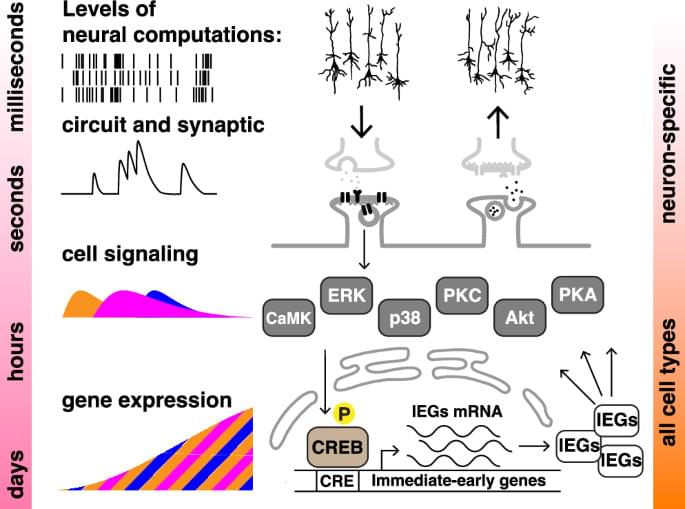The universe’s rapid expansion challenges current models. Scientists explore the KBC void and alternative theories to solve the mystery.



South Korean researchers have developed a groundbreaking photonic quantum circuit chip that promises to accelerate the global race in quantum computation.
This chip, capable of controlling up to eight photons, marks a significant leap forward in manipulating complex quantum phenomena like multipartite entanglement.
Breakthrough in photonic quantum circuit development.

Texas A&M University made a giant leap toward bolstering its contributions to space exploration on Friday, when university officials marked a groundbreaking ceremony for its $200 million space center in Houston. Work will begin in January on the Texas A&M University Space Institute, which is designed to support efforts in aeronauts, robotics and space engineering.
“As space exploration expands, there will be a growing demand for highly skilled engineers, scientists, and professionals. Texas A&M is ready,” said Texas A&M University System Chancellor John Sharp in a statement. “With this new facility, A&M will create workforce development opportunities in space-related fields.”

In 2025 and 2026, the company also plans to launch up to 60 next-generation BlueBird satellites with an even larger communications array. The satellites will enable AST SpaceMobile to offer “full continuous service” for potentially hundreds of millions of cellphone customers.
However, satellite industry analyst Tim Farrar notes that AST SpaceMobile still needs FCC approval before it can launch and operate more BlueBird satellites. In August, the US regulator tabled the company’s request to deploy 243 more satellites.

Artificial intelligence holds the potential to bring a commercial and economic rebirth for the United States and its allies. Yet the U.S. Congress is getting skittish. Its leaders are reportedly negotiating a lame-duck bill to regulate the AI industry.
As officials push and prod on the new technology, they should exercise caution.

Siberian permafrost has thrown up yet another surprise for scientists. In 2020, a saber-tooth cat cub was found preserved in the frozen soil. A team of researchers has now detailed their findings in a study published this week in the Nature journal Scientific Reports.
Notably, in 2018, the permafrost also revealed a remarkably preserved cave lion cub. It was almost in perfect condition.
The mummy of the saber-tooth cat includes the animal’s entire head and one forelimb, its shoulders and rib cage, and one of its hind legs. To understand which species of the saber-tooth cat it belonged to, the team decided to study the mummy’s head and dental features.




Researchers from the University of Montpellier, the University of Zurich, Naturhistorisches Museum Bern, and other institutions have found that breed function and behavior correlate with relative endocranial volume (REV) in domestic dogs.
Domestic dogs exhibit variations of morphologies and cognitive abilities, a diversity rooted in centuries of domestication and selective breeding for functional attributes. Historically, mammals have shown a trend toward larger brains to support advanced cognition, a pattern that appears disrupted in domestic dogs.
Despite having, on average, 20% smaller brains relative to their wild ancestral counterpart, the gray wolf, domestic dogs often demonstrate a range of equivalent cognitive skills, challenging some conventional assumptions about brain size and intelligence.